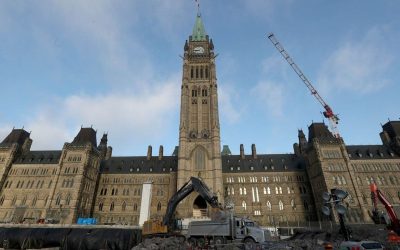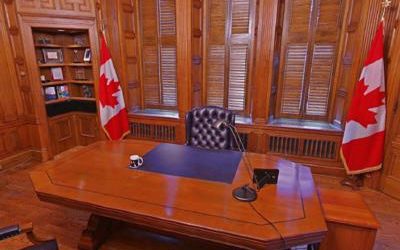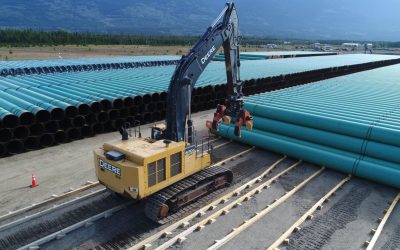Kamala Harris or Donald Trump?
Opinion Polls
Is it time for countries to start paying for American military protection?
Canada has been constantly criticized over the last few decades, for underspending on defense, leaving the protection of democracy (and Canadian borders) to NATO members, particularly the USA. Recently, the former US President, Donald Trump, and his running mate, JD...
Should MP Pensions be tied to balanced budgets?
Should a new law be passed by the Federal Government that delays MP pension eligibility by a year for every year the Federal Government is running a deficit? If they miss a year because there is a federal deficit, then rather than taking six years to be eligible for a pension, it would take seven.
Peace in the Ukraine?
There has been some expression of interest from Russia regarding establishing a peace accord with Ukraine. The prerequisite of the discussions is that Crimea will remain part of Russia, and that the Russian speaking parts of Eastern Ukraine, now occupied by Russia, will formally become part of Russia.
Featured News
Canadian Property Rights Index 2023
A Snapshot of Property Rights Protection in Canada After 10 years
Alberta Politics and Empty Promises of Health-care Solutions
The writ has been dropped and Albertans are off to the polls on May 29. That leaves just four weeks for political leaders and voters to sort out what is arguably the most divisive, yet significant, issue for this election - health care. On Day 2, NDP leader Rachel...
Who won the presidential debate between Joe Biden and Donald Trump?
Biden? Trump?
Amnesty to Illegal Migrants?
Click below to view last week’s poll question results: Does the Prime Minister’s Office (PMO) have too much power in Canada?
Does the Prime Minister’s Office (PMO) have too much power in Canada?
In a modern democracy, we tend to think of it divided into three separate and independent areas; the Executive Branch, the Legislative Branch, and the Judicial Branch. Despite losing the popular vote in the last two elections, the Trudeau government remains firmly in...
Keep or Can the New Canada Water Agency?
In May, the federal government announced it was creating a new organization called the Canada Water Agency. It will have a 5-year budget of $85 million, staff of 215, half of which will be located at a new headquarters in Winnipeg. This is part of a broader effort...
Should legislators use the nothwithstanding clause more?
Recently, there has been a debate regarding the use of the Notwithstanding Clause in the event that Conservatives form the Government next year. The Federal Government has never used this clause to override a decision by the courts, although many provinces have....
Should Canada match the USA and follow through with a 100% tariff on Chinese EVs?
The Canadian Government has mandated that ALL new cars and light trucks must be EVs by 2035. The price of an EV in Canada is typically 80-100% more than an equivalent internal combustion engine (ICE) vehicle. The country that produces the largest number of EVs and...
Indigenous Identity Fraud?
This week there was a conference in Winnipeg with a wide range of First Nations and Metis groups that focussed on the topic of stopping the fraudulent self identification by non-FN people who identify as FN in order to obtain jobs, contracts, university entrance,...
Should we focus on dividing the cake or baking a bigger cake?
CAKE THEORY emerged in 2010 as problems with increasing wealth and income gaps became more apparent. If economic development is seen as analogous to baking a cake, one side of the debate suggests that prior to baking the cake, society should focus on "dividing the...
The Trans Mountain Pipeline saga: We need to know what went wrong and what we can do better.
With the Trans Mountain Pipeline starting to ship oil this week, the whole country can breathe a sigh of relief that we are finally able to ship large amounts of oil out of Canada without having to go through the USA. The original cost in 2013 was supposed to be $6.8...












